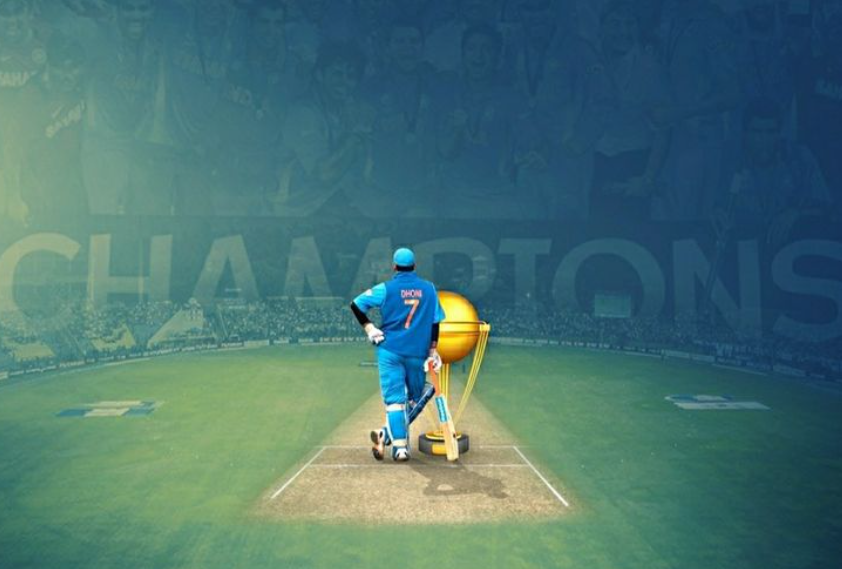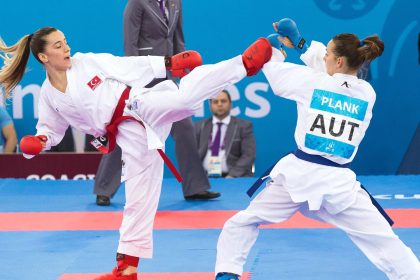In a world where medals glint and records fall, it’s easy to believe that greatness in sport is measured solely by statistics. Fastest. Strongest. Most points. But if you sit down with champions from different corners of the sporting universe — a sprinter, a swimmer, a footballer, a martial artist — you begin to notice something more subtle. Something more human.
Beneath the training regimens, the sponsorships, and the carefully curated social media feeds, there’s a quiet, shared DNA among those who rise to the top. It’s not about the sport itself. It’s about who they are when no one is watching.
They fail more than they win
It might sound paradoxical, but champions are often the most comfortable with failure. Not because they enjoy it — no one does — but because they’ve normalized it. They understand that failure isn’t a cliff; it’s a stepping stone. Tennis legend Serena Williams has spoken openly about losing, not as a shameful moment, but as a guidepost: “I’ve grown most not from victories, but setbacks.”
That mindset turns every defeat into data, every mistake into muscle. It’s a quiet resilience that isn’t taught in press conferences or highlight reels. It’s built in hotel rooms after losses, on lonely tracks in bad weather, in the aching early mornings when no one is clapping.
Obsession, but with balance
Here’s the twist: champions are obsessive, but not chaotic. There’s structure in their madness. They’re not training 18 hours a day out of desperation — they’re building a rhythm that honors their limits. Whether it’s Simone Biles stepping back to protect her mental health or LeBron James investing millions into recovery, modern champions understand that the game isn’t won by burning out the fastest.
This isn’t just physical self-care. It’s knowing when to say no, when to rest, when to reframe goals. It’s a disciplined obsession — not a reckless one.

The art of boring work
Champions are not in love with adrenaline. They’re in love with repetition. The same jab. The same serve. The same three-pointer. Over and over again. To outsiders, it looks dull. But to them, it’s art. Mastery isn’t magic — it’s muscle memory refined to the point of poetry.
They aren’t chasing excitement. They’re chasing execution. That subtle shift — from performing for applause to perfecting the craft — is one of the clearest lines between good and legendary.
A strange kind of humility
Here’s the part many people miss: most champions don’t see themselves as “the best.” Even if they are. They’ll talk about teammates, mentors, luck, timing. They’ll point out areas to improve, even after gold medals. This humility doesn’t mean they lack confidence — it means their ego isn’t fragile. It’s not built on needing to be superior. It’s built on purpose.
You’ll hear them say things like:
“I’m just trying to get better.”
“I’m competing with myself.”
“There’s always someone coming up who’s hungry.”
That’s not modesty for PR. That’s reality. Because the moment you believe you’ve arrived, the game starts leaving you behind.
Shared Traits of Champions (No Matter the Sport):
- Relentless curiosity – They never stop asking, “What can I do better?”
- Emotional intelligence – They know how to handle pressure, failure, and success.
- Structured habits – Sleep, food, recovery, training — it’s a system.
- Purpose beyond trophies – Legacy, inspiration, inner growth — it’s never just about the win.
- Adaptability – They evolve. With age, with setbacks, with changes in the game.
At first glance, a surfer from Hawaii and a speed skater from Norway may have nothing in common. But dig deeper, and you’ll see the same threads running through their lives. The late nights of doubt. The early mornings of discipline. The deep hunger to become better — not just to be seen, but to feel it in their bones.
In the end, what truly connects champions isn’t their victory laps. It’s the silence before the storm — the quiet, personal battles no one sees. And maybe that’s what makes their wins so powerful.





